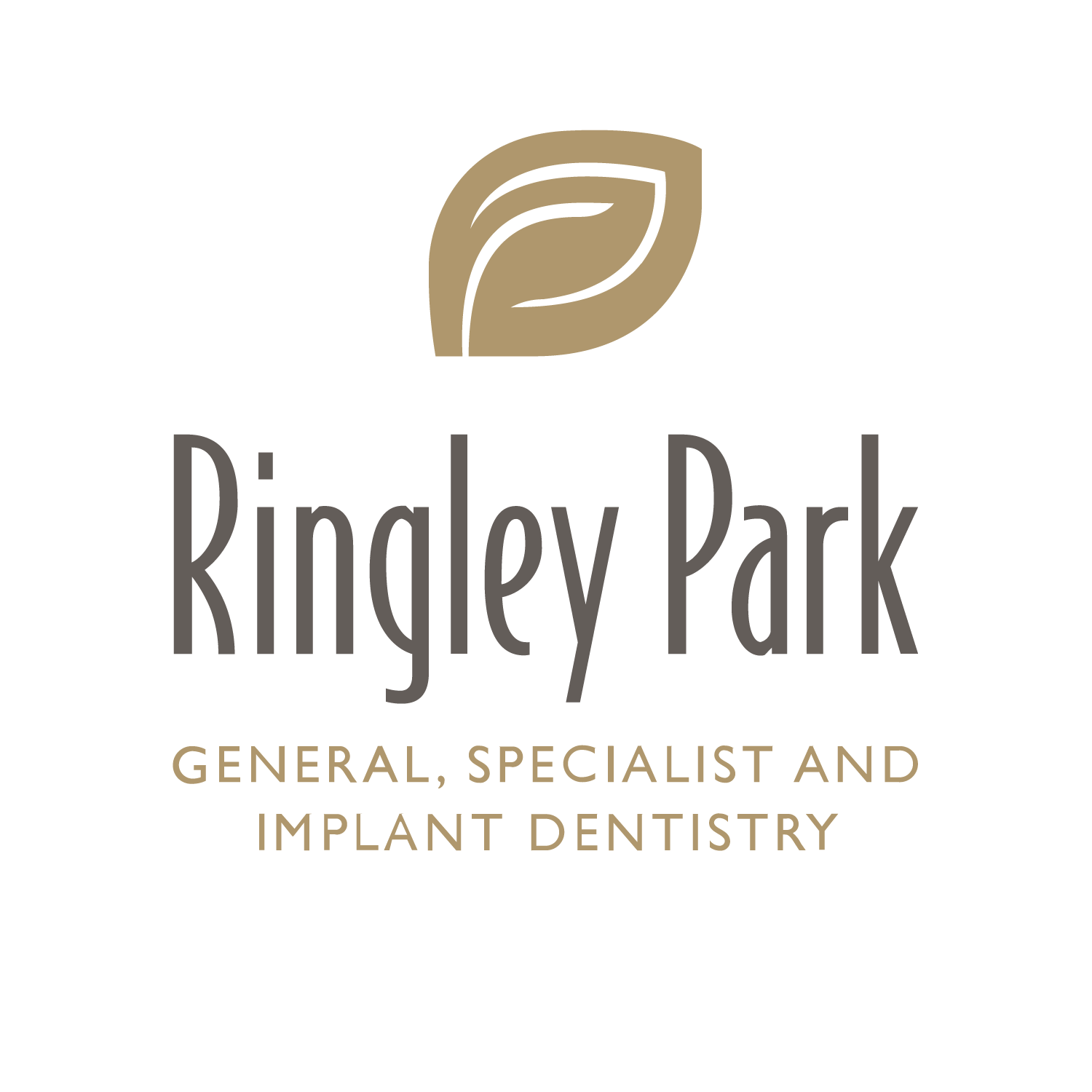How consistent is your oral hygiene routine? When we’re rushing out of the door in the morning or looking forward to getting to bed at night, it can be hard to make enough time to thoroughly clean our teeth. In fact, recent findings from the Oral Health Foundation found that over half of UK adults (51%) skip brushing once a week!
But how does an inconsistent oral care routine harm your smile? In this article, we’ll look at some of the risks associated with irregular brushing and find out more about the best oral hygiene routine for a long-lasting, healthy smile.
The risks of skipping brushing
Skipping brushing every once may seem quite harmless. But Dr Nigel Carter, chief executive of the Oral Health Foundation explains, “brushing our teeth is the cornerstone to having good oral health because it removes plaque. When we decide not to brush our teeth, plaque is not removed and allowed to build up, causing conditions like tooth decay and gum disease.”
66% of UK adults have visible plaque, 31% have signs of tooth decay, and 74% have had a tooth extracted. Poor brushing habits are a key reason behind this.
Furthermore, only 31% of UK adults floss their teeth on a typical day – which allows bacteria to build up in hard-to-reach crevices, increasing the risk of developing gum disease.
How often should you brush your teeth?
A regular and thorough oral hygiene routine stops plaque building up and helps to prevent tooth decay and gum disease – so you can keep your natural teeth for as long as possible. When it comes to how often you should brush, the NHS recommends brushing your teeth with a fluoride toothpaste twice a day – last thing before you go to bed and on one other occasion during the day.
UK adults are twice as likely to skip brushing at night (39%) compared to the morning (19%). However, Dr Nigel Carter explains that brushing your teeth before bed is the most important brush of the day. “Removing food, plaque and bacteria from the mouth is an essential task before our head hits the pillow” because “saliva flow reduces and bacteria multiplies” during the hours we’re asleep.
How long should you brush your teeth?
The Oral Health Foundation reports that 1 in 10 UK adults brush their teeth for 1 minute or less, but NHS guidelines recommend brushing for 2 minutes at a time. Most dental professionals agree that 2 minutes is the minimum, and you should take as long as you need to thoroughly brush each area of your mouth.
A good brushing technique uses gentle, circular motions on the outer surfaces, inner surfaces and chewing surfaces before gently brushing your tongue. Following up with floss or interdental brushes to clean the spaces between teeth.
How often should you go to a dentist?
Letting our busy schedules get in the way of looking after our smiles is a recipe for tooth decay and the need for dental treatments later down the line. Making time to visit your dentist twice a year and having regular hygiene appointments ensures your teeth and gums receive a deep clean and early signs of gum disease are nipped in the bud.
Schedule an appointment with a dentist or hygienist in Reigate, Surrey today by booking online or speaking to a member of our friendly team at Ringley Park Dental Practice on 01737 240123.

